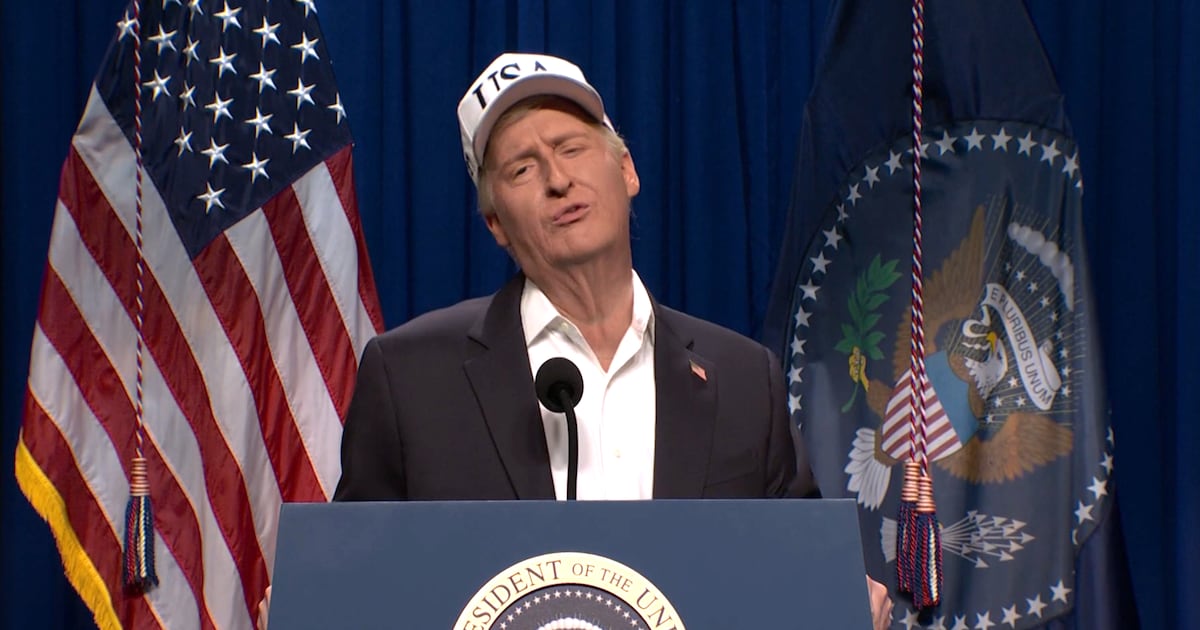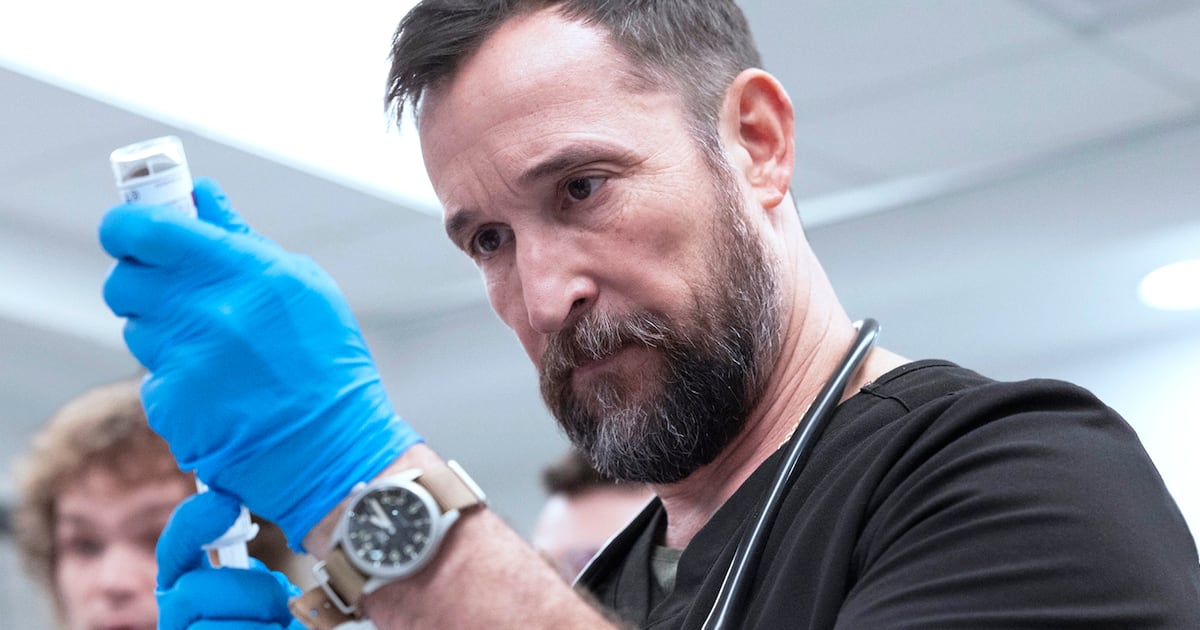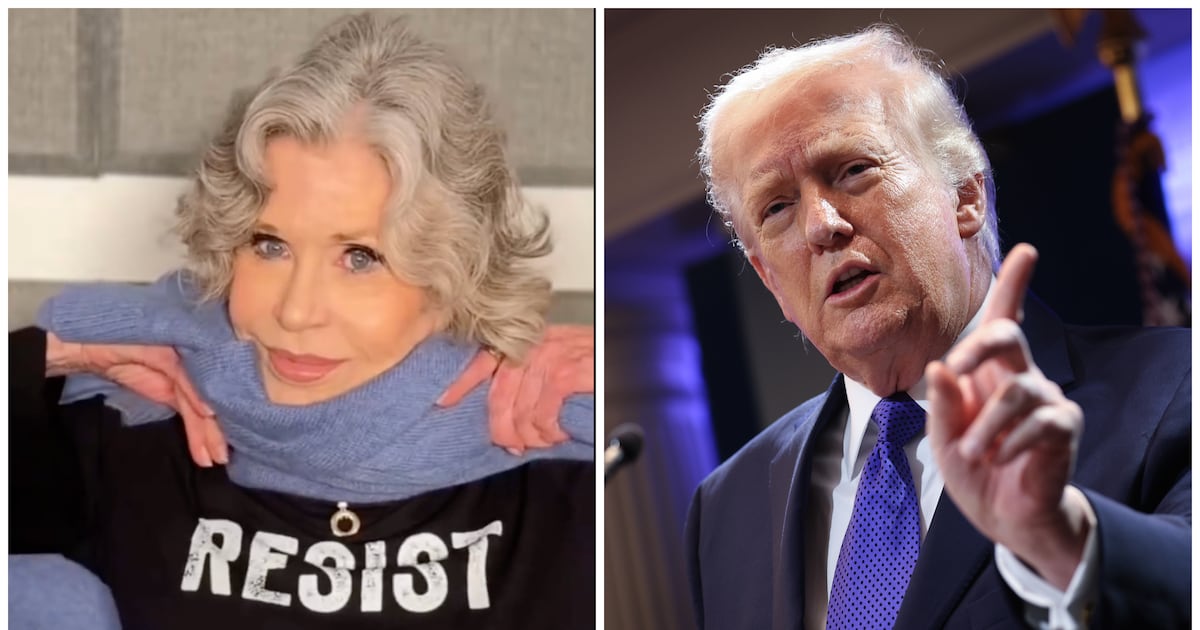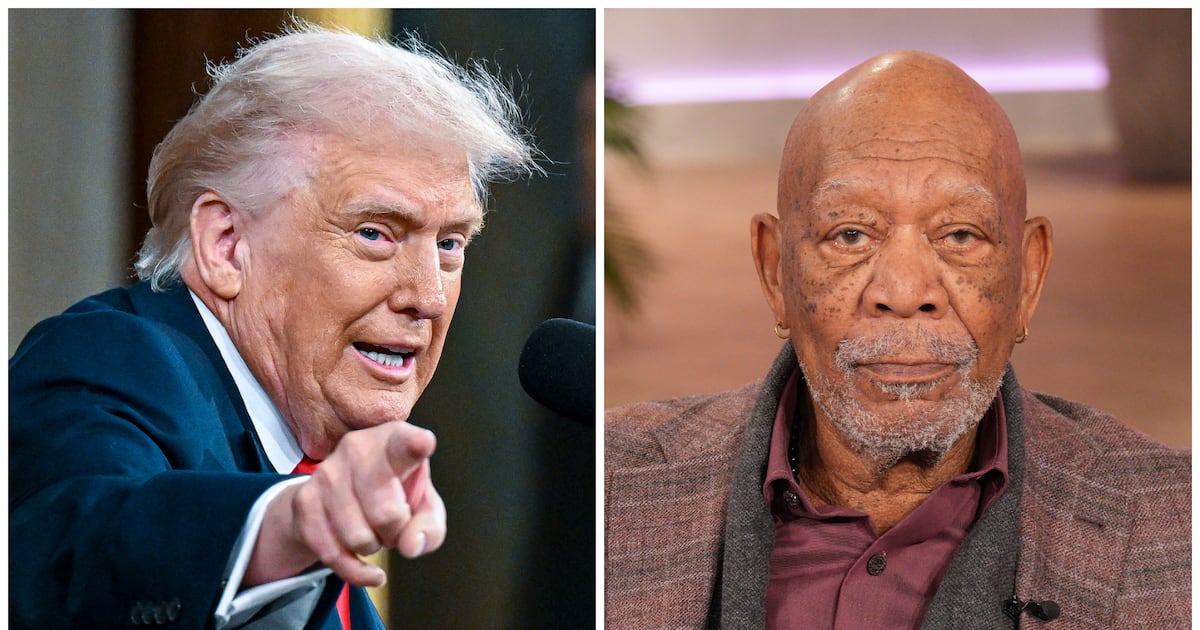Buffy Summers (Sarah Michelle Gellar) spinning a stake, Dr. Peter Benton (Eriq La Salle) defiantly punching the air, and the Friends cast cavorting in the fountain on the Warner Brothers lot.
This might sound like ’90s TV Mad Libs, but more specifically they are the images burned in my brain, thanks to the opening credits of some of TV’s biggest (and best) shows. Or, how even 20-plus years later, whenever I hear the signature HBO identifying static-y sound the image of Sarah Jessica Parker in a pink tutu immediately flashes before my eyes.
A title sequence sets the mood, but it is also a calling card back to whenever you first watched a series—hence all the aforementioned ’90s nostalgia. Currently, I am on a Golden Girls kick from start to finish, and the chance to “Skip Intro” is offered without fail at the start of every episode. On no occasion have I clicked this option because singing along to “Thank You For Me Being My Friend” is part of the experience.
Suffice to say, I love a title sequence. And Apple TV+ is delivering the goods.
The streaming service is reminding us why the traditional TV model—including not only stellar opening credits, but a weekly release schedule—should be embraced and not bypassed, thanks to the critical and fan success of offerings like Severance, Pachinko, and Slow Horses.
The streamer is only in its infancy, but it isn’t afraid of incorporating old methods. In fact, at a time that can sometimes seem like a streaming apocalypse, Apple TV+’s recently flawless—or, at the very least, attention-getting —slate of series, combined with these traditional elements of release, are making a case for it to rank at the top of the list of many (many) streaming services. Or, perhaps more realistically, near it.
Apple TV+ launched at the end of 2019 and has slowly built an impressive library of original titles that have found success at the Emmy Awards, with Ted Lasso, and the Oscars (CODA won three Oscars including Best Picture—the first streaming service to nab that honor). The crown jewel of the future film slate, Killers of the Flower Moon, is the next offering from Martin Scorsese and its forthcoming TV line-up includes the Elisabeth Moss-led crime thriller Shining Girls, star-studded anthology Roar, and Tom Hiddleston and Claire Danes in The Essex Serpent.
Apple TV+ attracts some of the biggest names—its deep pockets help—and while not every venture has hit the Ted Lasso popularity stratosphere, fun creative swings like Schmigadoon!, and Servant have avoided the TV-by-algorithm brush. The days of The Morning Show as its main offering are (thankfully) long past us now.
In a sea of choices across network, cable, and streaming there are regular postmortems about what is (and isn’t) working in drawing eyeballs. The weekly vs. the binge-release debate gets louder every time a show like Mare of Easstown or Euphoria proves there is still life in the old model. One definitive answer doesn’t exist, but it is noticeable that the Severance conversation is growing with each passing week; this would not have happened if Apple TV+ had launched all nine episodes at once.
Severance is a thought-provoking slow-burn that addresses big questions about free will and the work-life balance. It also looks pretty damn incredible right down to its unnerving titles, which you won’t want to skip.
Giving viewers an option to bypass an intro is one thing, but Netflix is quick to make the choice for you. When I saw the Bridgerton opening credits on the first episode of Season 2, I couldn’t recall if I had seen them before—this side-by-side shows the slight differences. Each subsequent installment automatically displays a title card featuring a tree that instantly sent my brain spinning into Six Feet Under territory; HBO has a great track record with its main title designs.
What’s the point in skipping the 30-60 seconds of a credit sequence to save time if an episode (unnecessarily) runs over the one-hour mark? It is the equivalent of the Oscars giving out awards before the telecast and still running long. Titles don’t have to feel like a chore or an obstacle to surmount. In fact, a memorable intro can elevate what follows. Apple TV+ seems to have perfected that.
Apple TV+ does give viewers the chance to jump straight into an episode but why would you want to when the title sequences are as entertaining as Severance’s disquieting animation? Or offer a burst of exuberant dancing across the Pachinko generations? Mick Jagger isn’t being put out to pasture, but his recognizable vocal styling evokes the mood of the dejected MI5 agents in the spy thriller Slow Horses, who have been sent to Slough House as punishment for their mistakes.
Severance, which premiered its season finale Friday and just got renewed for a second season, is already making a case for inclusion on Best of 2022 lists. It’s a mystery box offering that slowly peels back the layers of Mark Scout’s (Adam Scott) surgically separated memories, which draw a distinct line between his working and personal life.
During a recent appearance on Late Night with Seth Meyers, director Ben Stiller explained how he reached out to Oliver Latta (aka Extraweg) to create the Severance titles after he saw the artist’s work on Instagram.
Stiller was drawn to Latta’s “weird animations of babies coming out of a brain and turning into jelly” and it “felt like his vibe was right for the show.” This is the first TV credit sequence Latta has been tasked with and it is surely not going to be the last after an impressive debut. His vision was born directly from the scripts and the concept Latta brought to life evokes the deeply unsettling elements of the characters who have undergone the seemingly irreversible “Severance” procedure.
Within his animated renderings, each side of Mark is equally drawn to and repelled by the other, and his separate worlds are entangled. A nightmarish jumble of suit and pajama-wearing versions of the main character adds to the intrigue and disconcerting tone via the almost-Sims-like animated interpretation of the narrative. Even if you don’t know anything about the plot of this workplace setting, it is clear from the jump that something is awry.
While Severance’s title theme draws a connection to the series’ haunting score, Pachinko’s credits go a different route. Rather than use the gorgeous Nico Muhly score that adds to the ache at the heart of Pachinko, creator Soo Hugh chose an exuberant song with lyrics that sound like they were written with the series in mind. Unless time travel is involved this is definitely not the case as the Grass Roots’ cover of “Let’s Live For Today” was recorded in 1967.
Huge swaths of time are depicted in the series adapted from Min Jin Lee’s novel, which stretches across most of the 20th century. The credits, designed by Angus Wall and Nadia Tzuo, are connective tissue linking not only the different generations but the three actresses who portray the character of Sunja at different ages. The first images have the hallmarks of archival photographs (but feature actors from the series) before switching to the bright lights of the pachinko parlor owned by Sunja’s son (and Solomon’s father).
The opening bars reflect a more serious tone before the song switches tempo and launches into the exuberant, “Sha-la-la-la-la-la, live for today.” The first time you see this sequence it is the opposite of a gut punch. The emotional high does not subside no matter how many times you have seen this intro—don’t be surprised if tears spring forth from your eyes. The cross-generation dancing underscores the resilience in the face of darker moments that the series depicts.
A credit sequence turned dance party might not match the overall tone of the family drama. But so much of what we have seen in Pachinko so far is about pushing down emotions as a form of self-protection, and “Let’s Live For Today” offers a cathartic relief for the characters and the audience.
Then there’s the similarly perfect song choice for the title credits of the newest series of the bunch, the Gary Oldman-starring spy thriller Slow Horses.
The Rolling Stones have never done a James Bond theme song, but Mick Jagger can be heard singing the Slow Horses opening track “Strange Days.” Rather than tapping into Bond credit favorites like a figure tumbling through seductive smoky silhouettes or shooting at the screen in a tuxedo, the Slow Horses kaleidoscope of images captures a muted London backdrop and flashes of the main cast—including Gary Oldman, Jack Lowden, and Kristin Scott Thomas. These revolving flashes are set against lyrics describing “losers, misfits, and boozers” that clearly define the MI5 screw-ups.
Jagger co-wrote the song, which explains why his natural swagger is all over it. It’s the first time he has lent his talents to a TV theme. The DGAF irreverence matches the demeanor of Oldman’s character Jackson Lamb and the overall dark humorous mood of the surreptitious (and dingy) workplace setting.
Sure, Apple TV+ isn’t reinventing the TV credits wheel. There have long been many standouts in this department. An entire Emmy category has been dedicated to this feature since 1976. However, in the age of bingeing when series on streaming services have an incentive to avoid creating elaborate opening credits, it is noteworthy that the creative teams behind shows like Severance, Pachinko, and Slow Horses are giving audiences the reason to skip the skip intro button.
While the streamer doesn’t boast a packed library of older or even recently acquired titles, it is becoming TV obsessives’ favorite destination thanks to its quality over quantity approach. The tech giants’ original content-only philosophy is starting to pay off. Of course, fancy opening titles alone aren’t going to be a deal-breaker when encouraging viewers to spend an additional $4.99 a month on yet another streaming service. But after a slow start, Apple TV+ is finding its groove (and niche) in how it approaches this competitive changing television landscape by championing shows that are as creative and unskippable as their credits.





